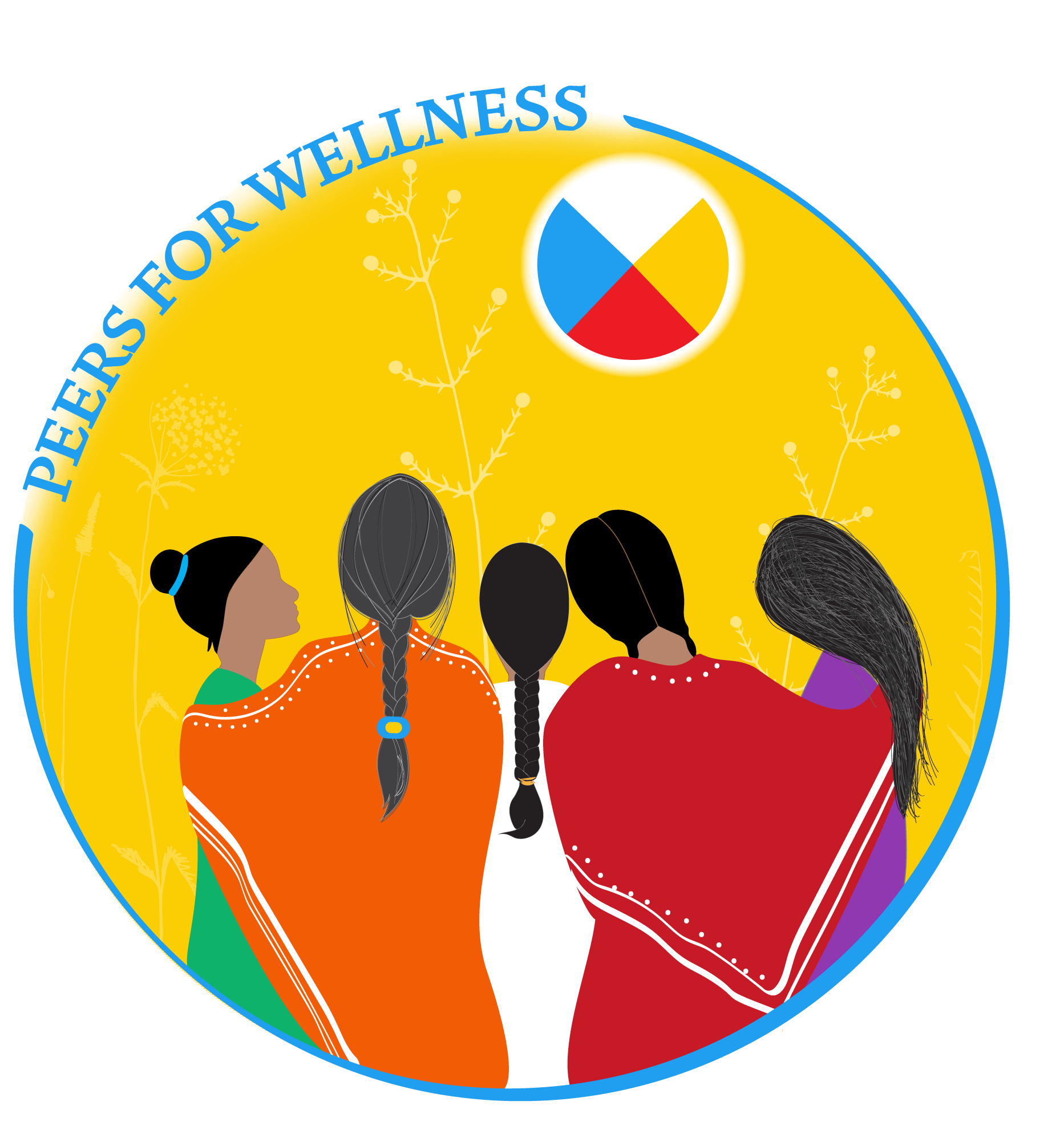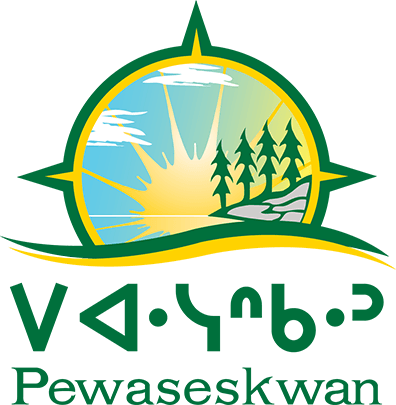
Current evidence demonstrates that the rates of Human Immunodeficiency Virus (HIV) and hepatitis C (HCV) among Indigenous peoples are at least three and five higher than among the non-Indigenous population in Canada. This inequitable gap in HIV/HCV burden is also gendered, as Indigenous women (cis-women and trans-women) present the Indigenous faces of HIV and HCV in Canada.
This distribution is counter-mirrored for health care, where Indigenous women who are living with HIV and/or HCV are underrepresented. Peer navigation (PN) is emerging as a promising innovative approach to enhance the delivery of HIV/HCV health care. Peers For Wellness explores the use of peer navigation to build capacity for culturally safe and responsive care for Indigenous women who are living with HIV/HCV in British Columbia (BC) and Saskatchewan (SK). The current landscape of PN research and practice is lacking an Indigenous focus, as well as an HCV and co-infection focus. This misses the mark from epidemiological, reconciliatory and practical perspectives.
The study will extend the scope of innovative research on peer navigation and HIV/HCV health care, by focusing on Indigenous women and emphasizing Indigenous ways of supportive HIV/HCV care. The goal of the project is to address inequities in HIV/HCV burden and healthcare among Indigenous women in BC and SK by exploring the applicability of peer navigation as a promising practice within Indigenous contexts. The project is driven by three groups of community members in BC and SK, including Indigenous women who have lived experience with HIV and/or HCV, peer navigators and community organizations.
The project has two phases: Phase I is a needs assessment to understand community healthcare experiences and to explore the need for Indigenous-centred peer navigation programs. Phase II is action research to develop and pilot Indigenous programs for HIV/HCV care.
Phase I in BC is complete and the findings have been published. The findings from P4W-II are being finalized in preparation for community validation, publications and implementation. Together, the findings from both phases of P4W in BC can potentially impact HIV/HCV health services delivery and research relationships. P4W is also taking place in Saskatchewan with the Pewaseskwan team.
Additionally, this study applies qualitative Indigenous research methodology, which emphasizes Indigenous paradigms, and incorporates compatible aspects of Western paradigms through an etuaptmumk (Two-eyed Seeing) approach. This research methodology will strengthen capacity for Indigenous HIV/HCV research and practice in the community and beyond.
The key objectives are to:
- Establish and implement ethical and culturally responsive community engagement strategies.
- Identify barriers to HIV/HCV health care, including supportive wellness and care
- Explore the feasibility of peer navigation as a culturally responsive framework (CRF) for supportive HIV/HCV wellness and health care
- Identify key elements of a CRF for supportive HIV/HCV wellness and health care
- Develop a toolkit of wise practices of Indigenous models for HIV/HCV wellness and health care support
- Identify key elements of Indigenous research methodologies that can be applied to mobilize CRF for HIV/HCV wellness and health research
- We expect that the implementation of the toolkit will improve the engagement and retention of Indigenous women in HIV/HCV health care, and thus alleviate their HIV/HCV-related disease burden
For more information please contact: pewaseskwan@usask.ca


